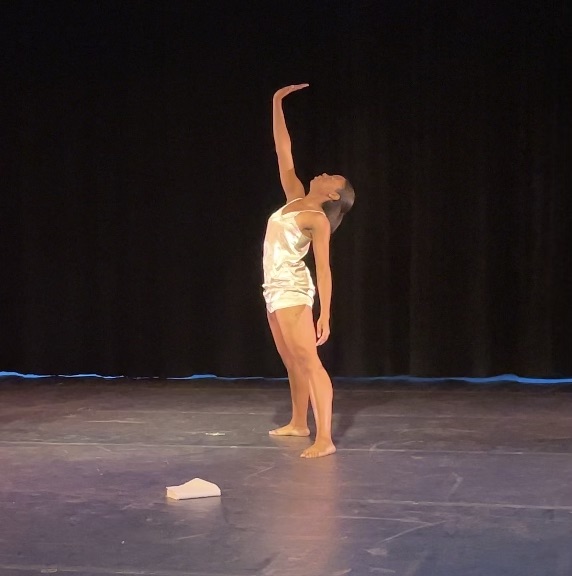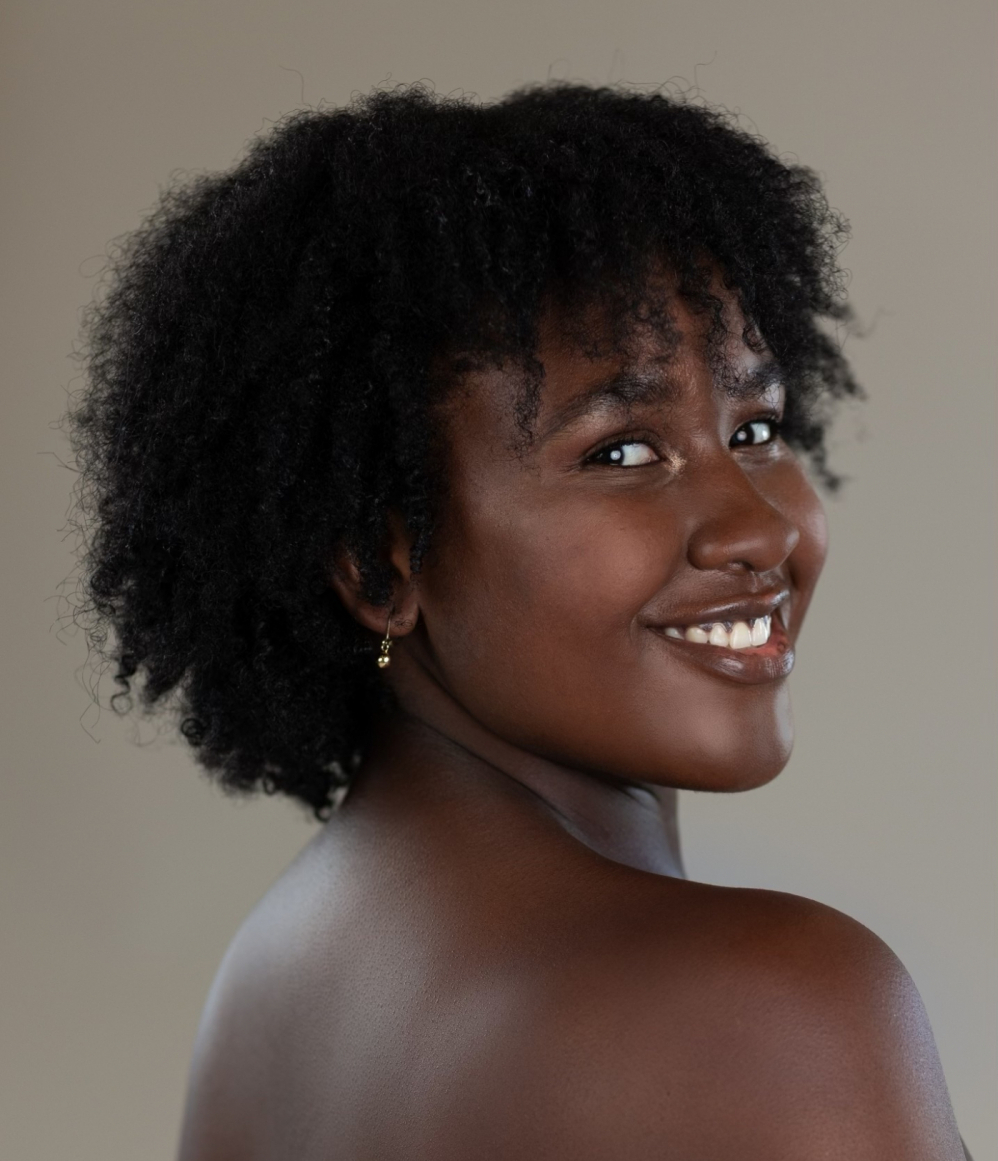On December 10th, 2022, I was a dancer and choreographer in a showcase with the Dancers of Color Coalition (DOCC). During the finale of the show, the DOCC stood shoulder to shoulder. President Leah Gabrielle Carroll (23) and other members of the DOCC read a document detailing the racist behaviors and discrimination from Goucher dance faculty and staff. Subsequently, they read a list of demands to hold the Goucher dance department and administration accountable. Later, an email with the document was released to the student body and faculty.
Just over two months after the document was released, Leah and I sat down to talk more about the college’s efforts and the student body’s overall response. This incident has prompted a series of actions and an investigation, and there will be updates forthcoming.
Was there any big catalyst for writing the document or was it just that you had enough?
“I think in terms of last semester the biggest catalyst was in… [a] modern class, in prior years there has always been consistent reporting involving… [the professor’s] teaching style and how… [they] ran… [their] classes so… [they] had already been on the registrars or provosts roster for getting reported by students and honestly… [they were] just talked about in general…”
Leah continued on to explain how… [the professor] had students watch a film, and opened the discussion to talk about the racist themes within the film which made students “uncomfortable.” [The professor] then turned the assignment into a paper, to which some students from the predominately white class reported the assignment, and [the professor]… to the registrar.
“That really set people off…I think the fact that [they] turned a discussion-based assignment into a research-based assignment really just made everyone go on a fritz…professors were telling students to report [the professor]….”
“After that happened it only took people about a month before they started to talk about professor [Mustapha] Braimah in that regard and disrespecting his name and what he’s done and even how he speaks and his accent. There were just various things that happened to professors of color that were not happening to white professors, and they [the white professors] have repeatedly done that are what I would argue are more on the racist end than what… [the other professor] did.”
What do you think about the reactions after the email was sent?
“I think as far as the response from professors and administrations saying that they were wholeheartedly behind us felt performative. Not hearing back from Kent [Devereaux] was the first thing that we expected. As far as the students, I definitely felt the student support from my support system and my people within the DOCC, I even had some mentors that saw the piece I put in the showcase and read the letter and he commended me for that and that felt good, that was a lot. I feel like the most unexpected thing was just hearing and getting the second win of all of the conversation behind me about the DOCC being a ‘dancer-oriented organization’.”
Carroll went on to explain her disappointment that the general population thought the DOCC should not act “politically” although the “of color” part of the “dancers of color coalition” is supposed to be a statement in itself.
After leaving the initial performance I heard conversations between parents and faculty stating that the finale of the show was “unprofessional” and “not necessary,” backed up by comments like “why can’t they just dance?”.

Why do a public reading and then send the demands? Was there a strategy behind that?
“As far as sending out the demands, I wanted that to go to as many people as possible. I mean the reason it took so long is that I was trying to figure out how to attach as many students as I could. I was literally running through my friend’s lists of friends and asking them to think about people in their classes. I just wanted it to be common knowledge, we wanted to make sure people had access to this information. It’s always been customary at the end of DOCC shows to do some kind of performative piece, I found it so funny when you told me about people saying the show was political because DOCC shows have always been political, it’s always been about politics.”
Did people reach out to you after the letter was released looking for support?
“Literally when we came back to campus I had a lot of people want to meet, sit down and talk under the guise of study abroad or catching up but people have been coming to me, some of the issues even about tenure professors or classes.”
What about your legacy as DOCC president, and what are your hopes for when you move on?
“Honestly, it still kind of feels like I’m the new kid in DOCC, being the president has not really sunk in. I’ve been really committed to trying to make sure that this is generational. I love the past DOCC presidents… they did not leave me with a lot of advice or a lot of know-how, so there’s a lot that I want to do in terms of preparation to ensure the DOCC keeps running as an organization. In terms of leaving a legacy, I never expected to get this much attention with this club, it’s always a hope to join the BSU and do a protest and I wholeheartedly came here to do that…I kind of got snagged by the DOCC and I really appreciate them for treating me like family so as much as it doesn’t feel like a large legacy to me, I’ve been able to contribute to the legacy started in 2016 and it’s continued to nurture.”
Leah has stated that following the letter’s release that she has been in communication with President Kent Devereaux to work on the demands, but said there is little progress to be seen right now.

